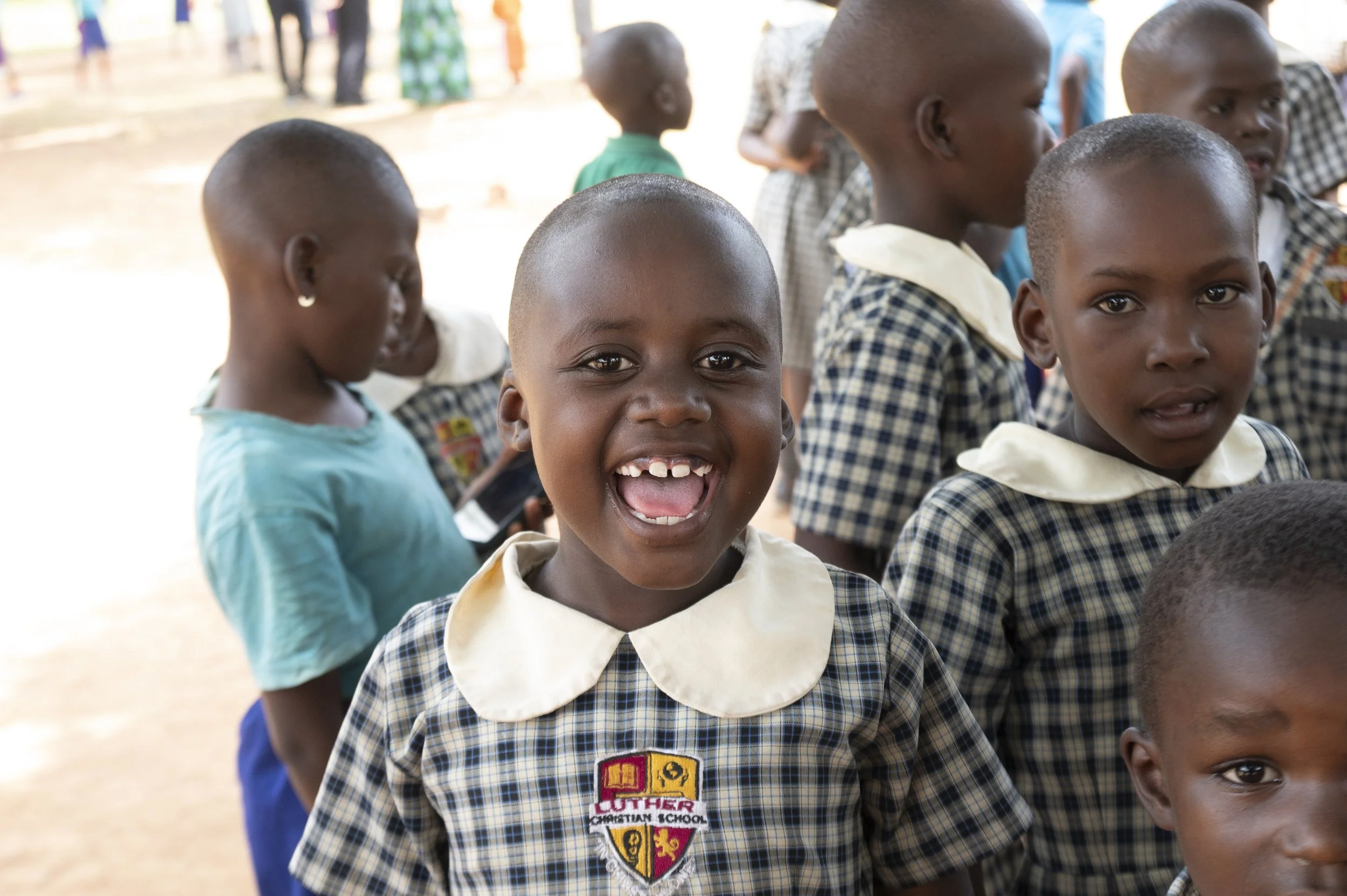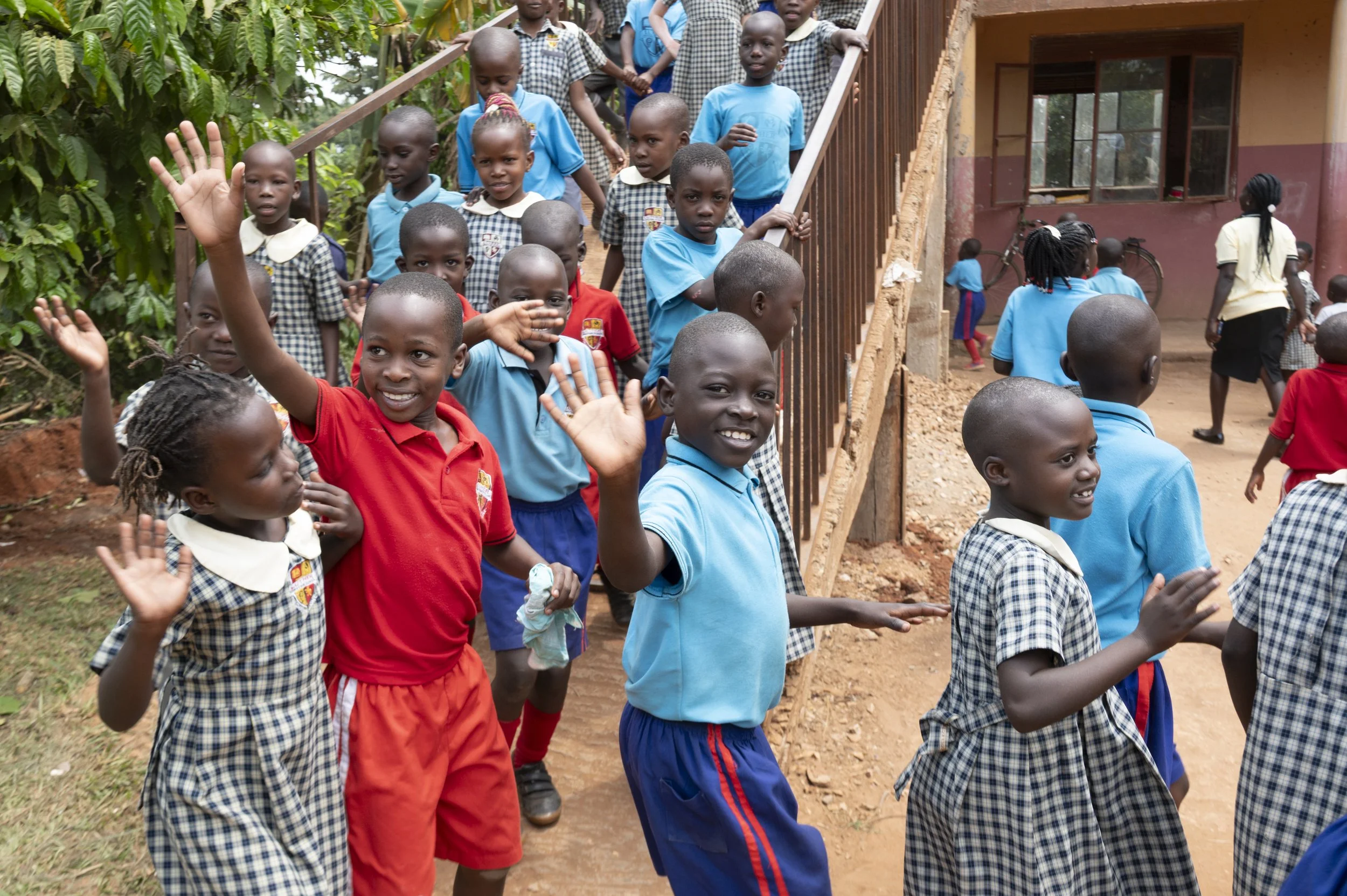
What we do.
“Uncle, give me something to eat.”
No matter which developing city you live in, you are likely to experience this on the streets. From Odessa in Ukraine to Kisumu in Kenya, to Kampala in Uganda, millions of street-connected children across the world are abandoned and left to fend for themselves where they face high risks of abuse: trafficking, unsafe migration, labor exploitation, drugs, domestic violence, and sexual abuse.
The lives of these children are characterized by lack of medical care, no education, hazardous jobs and deplorable living conditions. Just like any child, these children should be in school and enjoy stability and protection. This is the mission of SNS Global.
While there are many factors, poverty and lack of sustainable access to decent education have been identified as the major factors in the increase in the number of street children. Our mission is to provide stable education for these children in a loving environment.
We work with local faith-based organizations and local governments to construct home-setting boarding schools, furnish them, and staff them. We operate them for three years, preparing them to be self-sustaining before transferring them to a local partner to operate for decades to come.
Calvin Christian School has launched!
Our team has been hard at work preparing our second campus, Calvin Christian School, on the border of Uganda and Kenya. With your generous support, we were able to raise the roof in January and our students started school in February of 2025. More recently, we completed the roof on our dormitory building.
CCS Is already having a significant impact on the surrounding community. Two of our board members were able to visit this summer and were grateful to see the ways that God is using Calvin Christian School to shape the local community’s view of the importance of education and to provide new opportunities for the students and families who are part of the school. And the school is growing! Our current need with this campus is to raise $31,000 which will allow the furnishing and completion of the dormitory for our students. Please also continue to pray that God will provide qualified teachers who are excited to come and work with our team in this remote part of the country.
Please click below for a quick video highlighting some of our families and students and the impact that we are seeing in the community.
Our Model
SNS schools have a social-economic approach. The 500-bed schools are designed to be constructed from donations/grants but to be operated from the schools’ internal revenue after three years of operation.
Our schools serve two populations: privileged children age 3-14 from the community whose families have the financial ability to pay a reasonable amount of tuition, and young leaders who were previously living on the streets. The tuition paid by families meets the operational costs of the school. By year three, revenue from paying students (250+) can cover the monthly payroll, provide three meals a day, pay for utilities, and pay for medical care.
Throughout their time at the school, on top of formal education, children are taught different vocations equipping them to be job creators with or without a University degree. Additionally, children who do not have a home spend time in vetted homes during the holidays. This is done on a case-by-case basis, and several factors are considered before a child is attached to a family for homestay.



